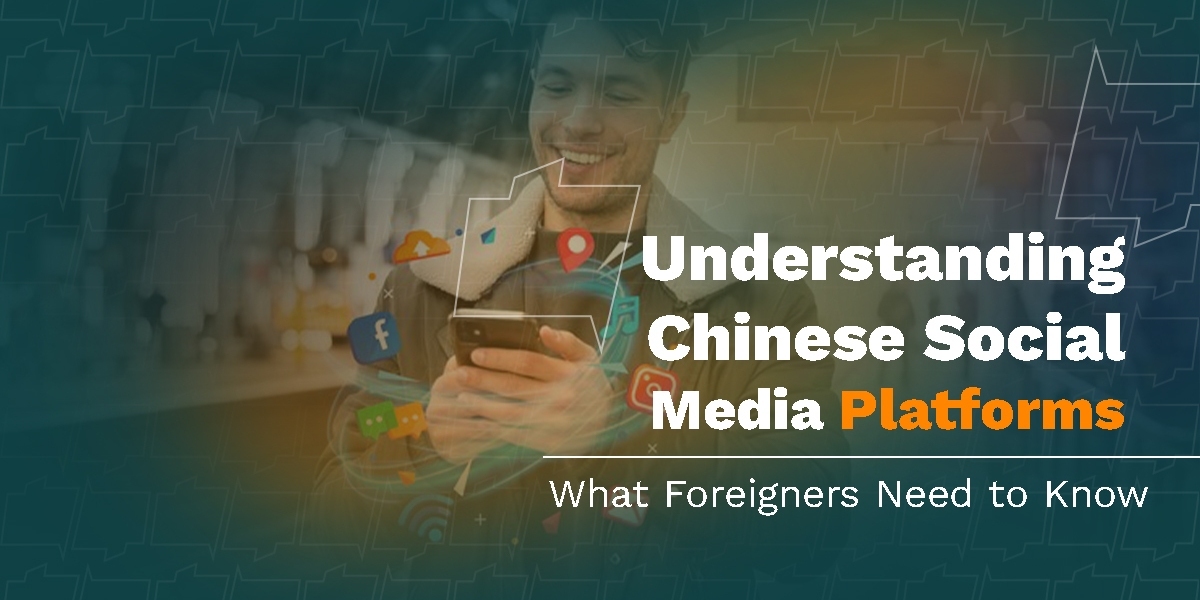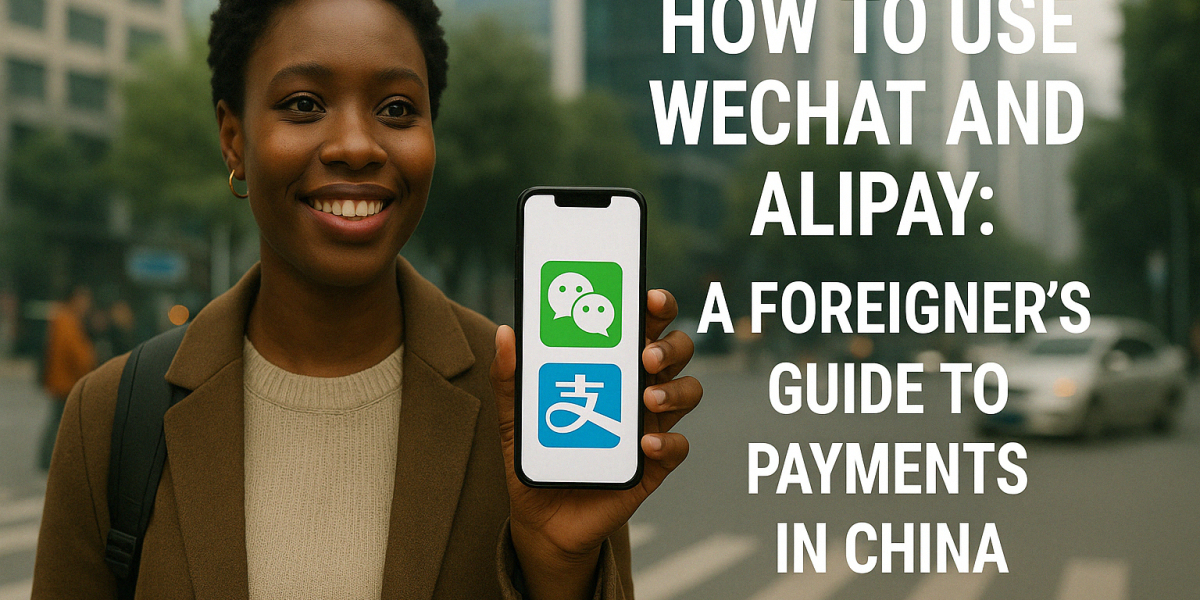With over 1.4 billion people, social media plays a significant role in every aspect of daily life, from communication and entertainment to business and government. However, foreigners living or visiting China face a distinctive challenge as many global platforms like Facebook, Twitter, and Instagram are blocked. Instead, there’s a set of local platforms that dominate the market. Here’s a guide to understanding Chinese social media and how platforms like Hafrik fit into the mix.
1. The Great Chinese Firewall
Before diving into the specifics of Chinese social media platforms, it’s essential to understand The Great Chinese Firewall, a government-imposed digital barrier that blocks access to many popular Western websites and apps. This includes:
- Google Services
- YouTube
To stay connected and informed in China, you’ll need to turn to local platforms. While these networks might feel unfamiliar at first, they offer unique features suited to Chinese culture, needs, and regulations.
2. WeChat: The All-in-One Super App
WeChat (Weixin, 微信) is by far the most essential app in China. With over 1 billion active users, it’s not just a messaging app—it’s a lifestyle tool that integrates almost everything you need in daily life.
•Messaging and Calls: WeChat allows text, voice, and video calls, as well as group chats. It’s the primary means of communication for personal and professional matters.
•WeChat Moments: Similar to Facebook’s News Feed, Moments lets users post photos, updates, and videos to share with friends.
•WeChat Pay: This is a mobile payment system that is widely accepted throughout China. You can use WeChat Pay to buy goods, pay bills, and even transfer money to friends.
•Official Accounts: Brands, media outlets, and businesses have official accounts to connect with users and share information. This is a great tool for staying updated on news, promotions, and services.
As a foreigner, WeChat is a must-have app for staying connected and managing everyday tasks like payments and booking services.
3. Hafrik: Connecting Foreigners in China
While platforms like WeChat and Weibo are essential for connecting with the local population, Hafrik is the social media platform tailored specifically for foreigners in China. Hafrik is designed to bridge the gap between foreigners already living in China and those who are planning to move there, providing an ideal space for:
- Social Networking: Make connections with other expatriates, share experiences, and find support.
- Job Opportunities: Hafrik features job listings specifically for foreigners in China, helping you navigate the job market.
- City Guides: Through Hafrik’s city guides, newcomers can discover local events, restaurants, services, and practical advice on living in China.
- Classified: Hafrik allows users to buy and sell products within the foreigner community, whether it’s for second-hand goods or specialty items related to African culture.
- Cultural Events: Stay informed about events and activities happening around China, from festivals to meetups.
- Short Videos (Reels): A feature where content creators can share entertainment videos, music, comedy, viral challenges, and more.
Hafrik makes it easy for foreigners to navigate life in China while building connections with others in the community.
4. Douyin: The Chinese TikTok
Douyin (抖音) is the Chinese version of TikTok, and it’s one of the most engaging and fast-growing platforms in China. It’s primarily a short-form video app where users create and share fun, creative content.
- Short Videos: Like TikTok, Douyin focuses on brief, entertaining videos. Music, comedy, and viral challenges dominate the platform.
- E-commerce Integration: Douyin is also a shopping platform where users can buy products directly through live-streaming sessions or integrated e-commerce links.
- Influencers: Many Chinese influencers (or KOLs) use Douyin to engage with their followers, often promoting products through live-streams or sponsored content.
For foreigners interested in Chinese youth culture or the latest viral trends, Douyin is essential.
5. Weibo: The Chinese twitter
Weibo (微博) is often called “China’s Twitter” because of its microblogging format, but it offers much more. Weibo is used for everything from news updates to entertainment and public discussions.
- Content: Users can post short updates with photos and videos. Hashtags help organize trending topics.
- Trending Topics: Weibo tracks hot searches in real-time, allowing users to stay updated on the latest news, from celebrity gossip to political developments.
- Influencers and E-commerce: Weibo is home to many celebrities and influencers who use the platform for promotions and brand partnerships. Many businesses leverage Weibo to connect with consumers.
If you want to follow Chinese pop culture, public opinion, and the latest trends, Weibo is the place to be.
6. Xiaohongshu (Little Red Book): Social Shopping and Lifestyle
Xiaohongshu (小红书), also known as Little Red Book, is a unique blend of social media and e-commerce. It’s incredibly popular among younger Chinese consumers and is a hub for lifestyle and shopping content.
- User-Generated Content: Xiaohongshu users share product reviews, travel experiences, and fashion tips. It’s a great resource for discovering new products and trends.
- Social Shopping: The platform allows users to purchase items directly from posts, integrating e-commerce seamlessly into the social experience.
- Influencers: Influencers on Xiaohongshu often post curated content, including beauty tutorials, travel recommendations, and shopping hauls.
For those interested in the latest beauty products, fashion trends, or lifestyle tips, Xiaohongshu is the go-to platform.
7. QQ: The Legacy Messaging App
QQ, one of China’s oldest social platforms, is still widely used today. It offers many of the same features as WeChat but with a stronger emphasis on gaming, music, and entertainment.
- Group Chats and Messaging: QQ is still one of the most popular platforms for group communication, particularly among younger audiences.
- Gaming and Music: QQ integrates games, music, and videos, offering users an entertainment-heavy experience.
- QQ Zone: Users post updates, photos, and videos here, similar to Facebook’s timeline.
While WeChat has mostly overtaken QQ for everyday communication, QQ remains an important tool in Chinese digital culture.
8. Bilibili: A Hub for Pop Culture and Animation
Bilibili (哔哩哔哩), also known as “B Site,” is China’s largest video-sharing platform, particularly popular with the younger crowd and those interested in anime, gaming, and pop culture.
- Video Content: Bilibili is home to millions of user-uploaded videos, including anime, gaming, vlogs, and educational content.
- Fan Culture: Bilibili has a strong community vibe, especially among fans of anime and gaming, who engage in active discussions and live-streaming events.
- Live Streaming: It’s also a major platform for live streaming, particularly e-sports and gaming.
If you’re into gaming, anime, or niche subcultures, Bilibili is the place to go.
9. Tapping into Chinese Social Media for Business
Understanding Chinese social media is crucial for businesses that want to succeed in China. Platforms like WeChat,Hafrik and Weibo offer incredible opportunities to engage with consumers, advertise products, and boost brand recognition.
WeChat Official Accounts: Companies use these accounts to promote services, engage with customers, and provide customer service.
Influencer Marketing: Collaborating with Chinese influencers can help foreign brands expand their reach.
Customer Engagement: Real-time customer support is essential on these platforms to ensure a smooth customer experience.
Conclusion
China’s social media landscape is vast, with each platform offering unique ways to engage with the culture, the people, and the economy. While major platforms like WeChat, Weibo, and Douyin are essential for interacting with locals, platforms like Hafrik provide a tailored space for foreigners to connect, share experiences, and access valuable resources. Whether you’re in China for business, travel, or a longer stay, understanding these platforms will help you navigate life in China and stay connected to the people and opportunities around you.



